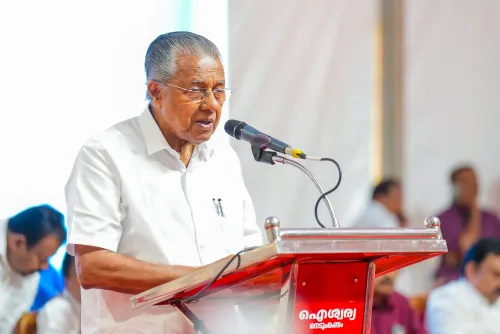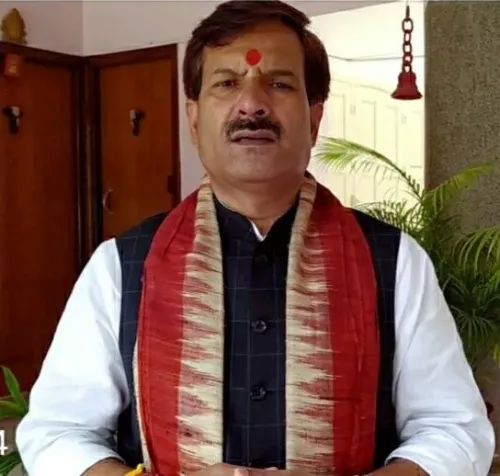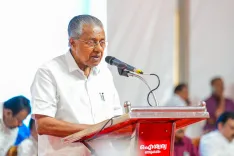Did the US Really Encourage India to Purchase Russian Oil?

Synopsis
Key Takeaways
- The US has historically encouraged India to purchase Russian oil.
- India's oil purchases play a crucial role in stabilizing global energy markets.
- US officials have acknowledged the importance of these imports.
- Tensions exist due to threats of tariffs from the US.
- India maintains its right to protect national interests.
New Delhi, Aug 4 (NationPress) While US President Donald Trump has threatened to impose significant tariffs on India due to its Russian oil imports, it's important to note that the United States has historically encouraged these purchases to enhance the stability of the global energy market.
In November 2022, US Treasury Secretary Janet Yellen stated: "The United States is pleased for India to continue purchasing as much Russian oil as it desires, even at prices exceeding a G7-imposed price cap, provided it avoids Western insurance, finance, and maritime services bound by the cap."
In March 2024, Amos Hochstein, who served as energy and global infrastructure adviser under former President Joe Biden, expressed: "Ultimately, my aim is not to remove it from the market; I'm not interested in taking these tankers or the crude and products off the market."
US Assistant Secretary of State Geoffrey Pyatt recognized India's contribution to global energy market stability in February 2024, stating: "India has played a vital role in stabilizing global energy markets through its acquisitions of Russian crude."
In May 2024, US Ambassador to India Eric Garcetti acknowledged that India purchased Russian oil because the US needed a buyer for it. "The US permitted these purchases to prevent global prices from escalating," he added, also noting that due to this arrangement, global oil prices remained stable and "India delivered on that commitment."
Meanwhile, the Indian government firmly stated that US targeting over Russian oil purchases is both unjust and unreasonable, particularly after President Trump threatened to impose substantial tariffs on New Delhi.
An official statement emphasized that, like any major economy, "India will take all necessary actions to protect its national interests and economic security."
India has faced scrutiny from the United States and the European Union for its oil imports from Russia following the onset of the Ukraine conflict.
It's interesting to note that the United States continues to import uranium hexafluoride from Russia for its nuclear sector, palladium for its electric vehicle industry, fertilizers, and various chemicals.









